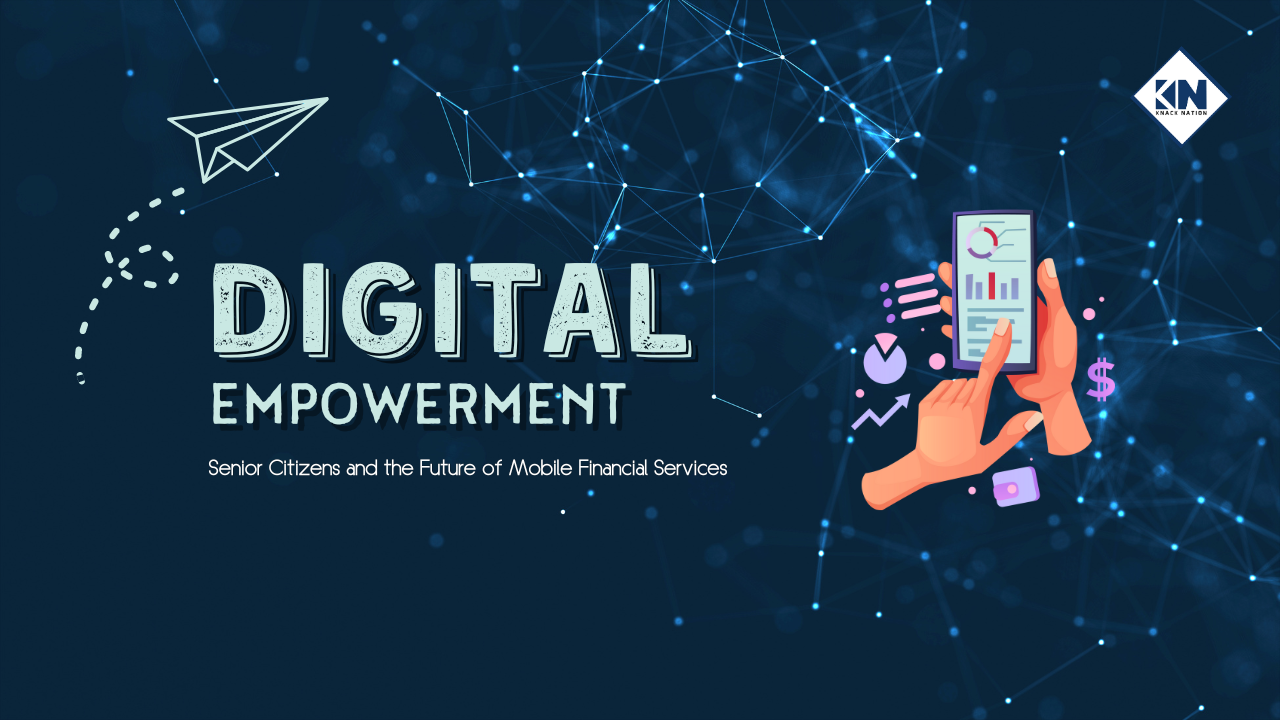Mr. Mahbubur Rahman from Narsingdi, who is above 60 years old, uses Mobile Financial Services (MFS) for his regular financial transactions. But he used to refrain from using technology. He often wrongly uses the MFS’s interface and consciously gives his pin number to others to do the transaction on behalf of him. Isn’t it a huge risk for Mahbub as well as MFS providers?
MFS has gained a large value proposition in recent times in Bangladesh. Services of MFS from 13 options are successfully taken by 21.24 crore people of Bangladesh though the number of active accounts is too less than total number. In August, transactions through MFS surged by over 25% compared to the previous year, showcasing a rising trend in digital payment adoption among the public. Over 60% of Bangladesh’s population resides in rural areas. Nearly 35 million lack bank accounts which is driving them to use MFS for financial transactions.
There are lots of senior citizens like Mr. Mahbub who use MFS more often as they cannot get easy access to banks. MFS providers took this opportunity to flourish and to create impact on the financial inclusion and economic growth of Bangladesh. Mostly used MFS like bKash, Nagad, Rocket maintains user friendly interface for their customers. Any customer including senior citizens now can easily open up an account. Moreover, Bangladesh Bank has reduced the minimum age for opening an MFS account to 14 years. This inclusive approach not only empowers senior citizens like Mr. Mahbub but also fosters financial accessibility and independence among diverse demographics, fostering a more financially inclusive Bangladesh.
Besides availing these benefits, senior citizens are facing many difficulties while using this fintech. In Bangladesh, despite many people having mobile phones, digital literacy remains a challenge, especially for older individuals. Both educated and uneducated people lack awareness about smartphones and mobile financial services (MFS) applications. This problem is worse in rural areas due to limited smartphone access and 3G networks, creating a digital gap. Factors like poor usability, language barriers, lack of education, and limited internet access contribute to this digital inequality. Moreover, senior citizens lack knowledge about the privacy of their accounts. They give their pin numbers or mobile phone to someone else to operate the account. This creates a serious issue for them.
So now a question can arise that “how can this problem be solved?” One of the solutions can be introducing “Fingerprint” as a replacement for pin numbers. So that senior citizens aren’t required to memorise the pin which also increases the safety of the account. Moreover, MFS providers may follow Technology Acceptance Model (TAM) by which they can reach more customers and make it easier for those who are lacking technology, more often in rural areas. In fact, upgrading the UIs to make it accessible to senior citizens could be a great option. Last but not the least, through campaigns, customised tutorials, and innovation of interactive apps for the senior citizens can solve these problems.
Improving digital literacy and user-friendly features in MFS can enhance accessibility and financial security for Bangladesh’s senior citizens and help to make it “Cashless Bangladesh.”




